In today's medical field, plastic injection molded parts are increasingly used, either directly contacting medications or interacting with the human body, thus imposing high requirements on the chemical stability and biocompatibility of medical plastics. As a crucial step in customizing medical plastic injection molded parts, the selection of raw materials is of utmost importance. Dongguan Yize Mould now provides an in-depth analysis of the characteristics and applications of seven key medical plastic raw materials to help you make informed choices.
1. Polyvinyl Chloride (PVC)
PVC, a leading plastic variety in global production, is known for its white or light yellow powder form. By adding different additives, its physical and mechanical properties can be flexibly adjusted. Hard PVC, with little or no plasticizer, exhibits excellent tensile, bending, compressive, and impact resistance, suitable for use as a standalone structural material. Soft PVC, with a higher plasticizer content, offers enhanced flexibility, elongation at break, and cold resistance, but sacrifices some hardness and strength. PVC's widespread use, particularly in medical applications such as hemodialysis tubing, respiratory masks, and oxygen tubes, is attributed to its low cost, ease of processing, and versatility, accounting for about 25% of the medical plastic product market.
2. Polyethylene (PE)
Polyethylene, characterized by its milky white, odorless, non-toxic, and glossy waxy particles, holds a pivotal position in the plastic industry. Based on density, it is mainly divided into Low-Density Polyethylene (LDPE), High-Density Polyethylene (HDPE), and Ultra-High Molecular Weight Polyethylene (UHDPE). HDPE, with its high crystallinity, density, strength, and opacity, is a preferred choice for injection molded parts. LDPE, on the other hand, is noted for its good flexibility, impact resistance, and transparency, making it suitable for film blowing and as a viable PVC alternative. UHDPE, with its exceptional impact strength, low friction, stress crack resistance, and energy absorption properties, is ideal for artificial joints.
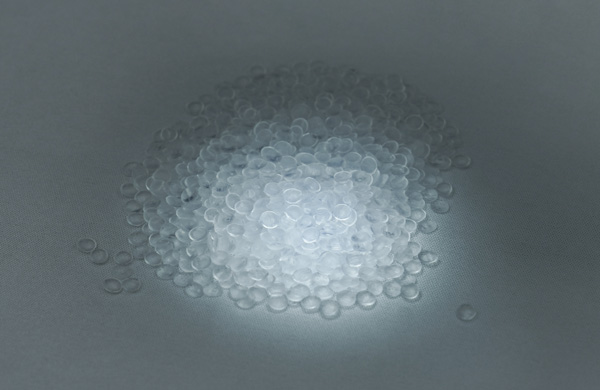
3. Polypropylene (PP)
Polypropylene, a colorless, odorless, and non-toxic thermoplastic, is renowned for its lightweight (0.9g/cm³), ease of processing, impact resistance, and flexural strength. In the medical field, PP's high transparency, good barrier properties, and radiation resistance make it widely used in medical equipment and packaging materials. Non-PVC materials based on PP are increasingly replacing traditional PVC.
4. Polystyrene (PS) and K-Resin
Polystyrene, the third-largest plastic variety, is widely used in daily products, electrical components, optical instruments, and educational supplies due to its lightweight, transparency, and ease of coloring. However, its hardness, brittleness, and high thermal expansion coefficient limit its engineering applications. K-Resin, a copolymer of styrene and butadiene, offers transparency, odorlessness, non-toxicity, low density, high impact resistance, and good processing properties, addressing some of PS's shortcomings.
5. ABS (Acrylonitrile Butadiene Styrene)
ABS, with its rigidity, hardness, impact resistance, chemical resistance, radiation resistance, and ethylene oxide sterilization compatibility, is widely used in medical applications such as surgical tools, roller clamps, plastic needles, tool boxes, diagnostic devices, and hearing aid shells, particularly for the casings of large medical equipment.
6. Polycarbonate (PC)
PC is preferred for medical devices such as hemodialysis filters, surgical tool handles, and oxygen tanks due to its exceptional toughness, strength, rigidity, and steam sterilization resistance. Its applications also extend to needle-free injection systems, infusion devices, blood centrifuge bowls, and pistons. PC's high transparency makes it a common choice for making nearsighted glasses.
7. Polytetrafluoroethylene (PTFE)
PTFE, known as the "King of Plastics," is a white powder with a waxy appearance, extremely low friction coefficient, and excellent biocompatibility. In the medical field, PTFE is used to make directly implantable devices such as artificial blood vessels, showcasing its unique value and potential.
In summary, the selection of raw materials for medical plastic injection molded parts requires comprehensive consideration of factors such as chemical stability, biocompatibility, physical and mechanical properties, and processing performance. Dongguan Yize Mould is here to collaborate with you, tailoring the most suitable medical plastic solutions based on your specific needs.
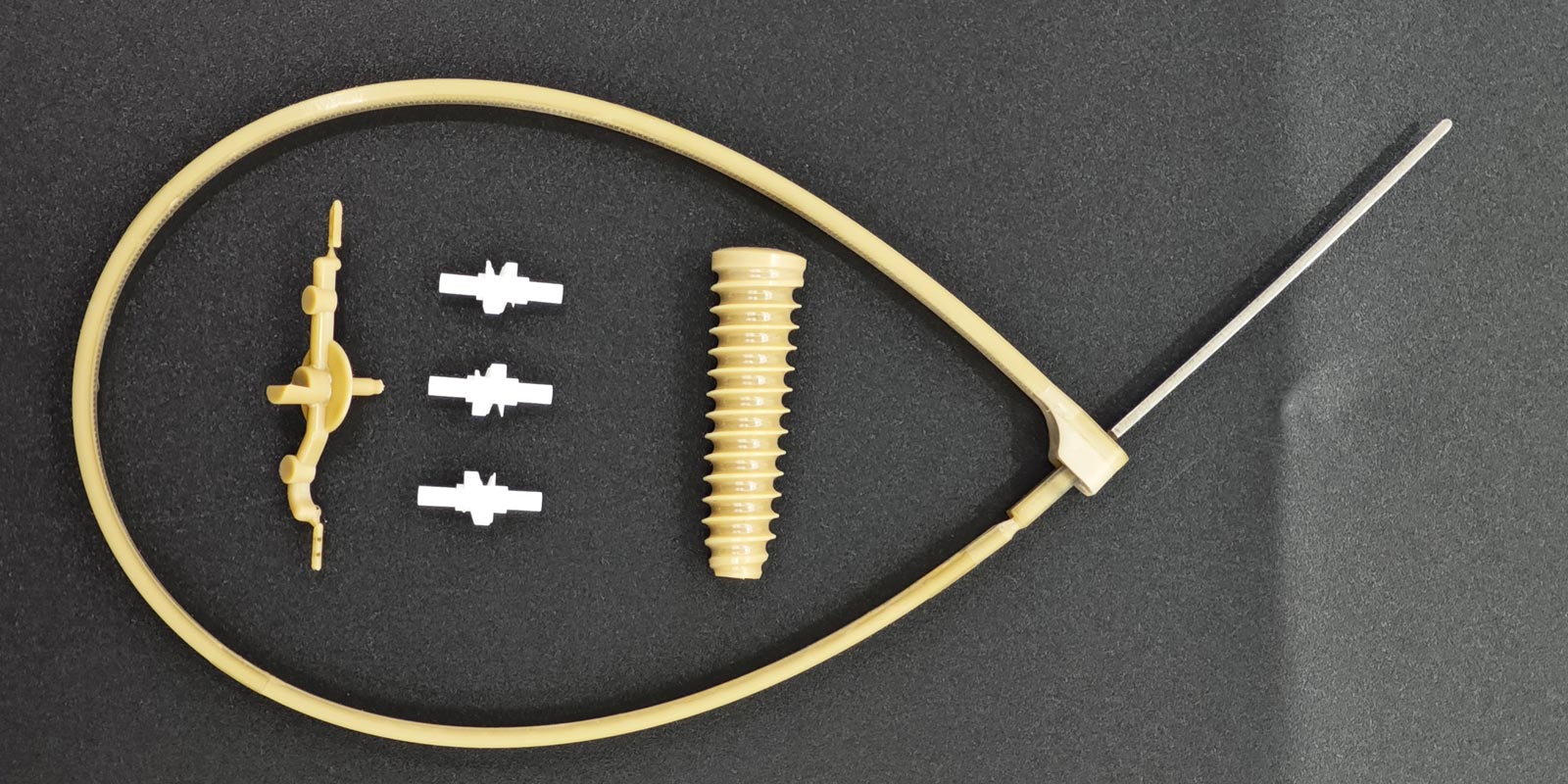
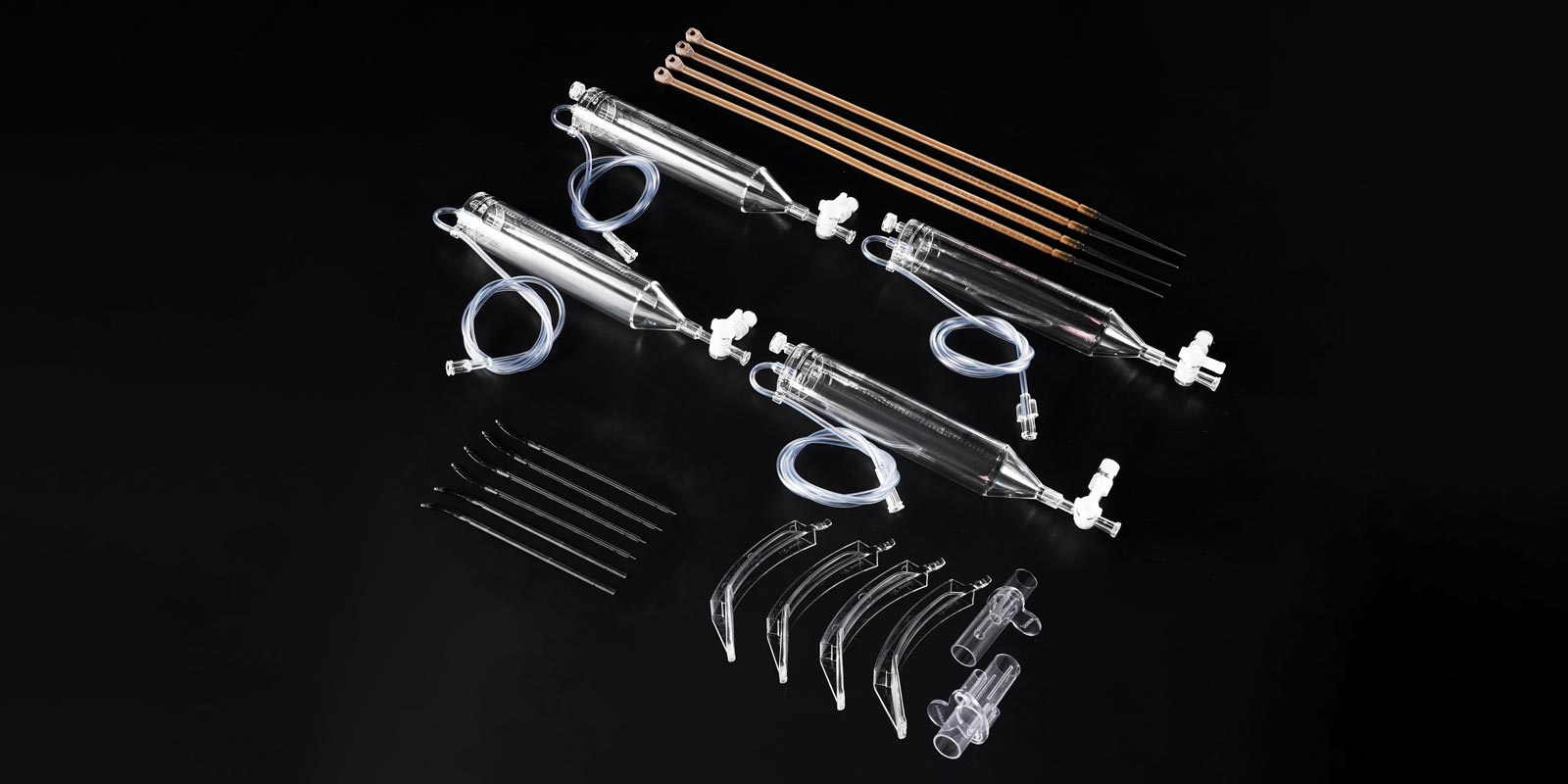
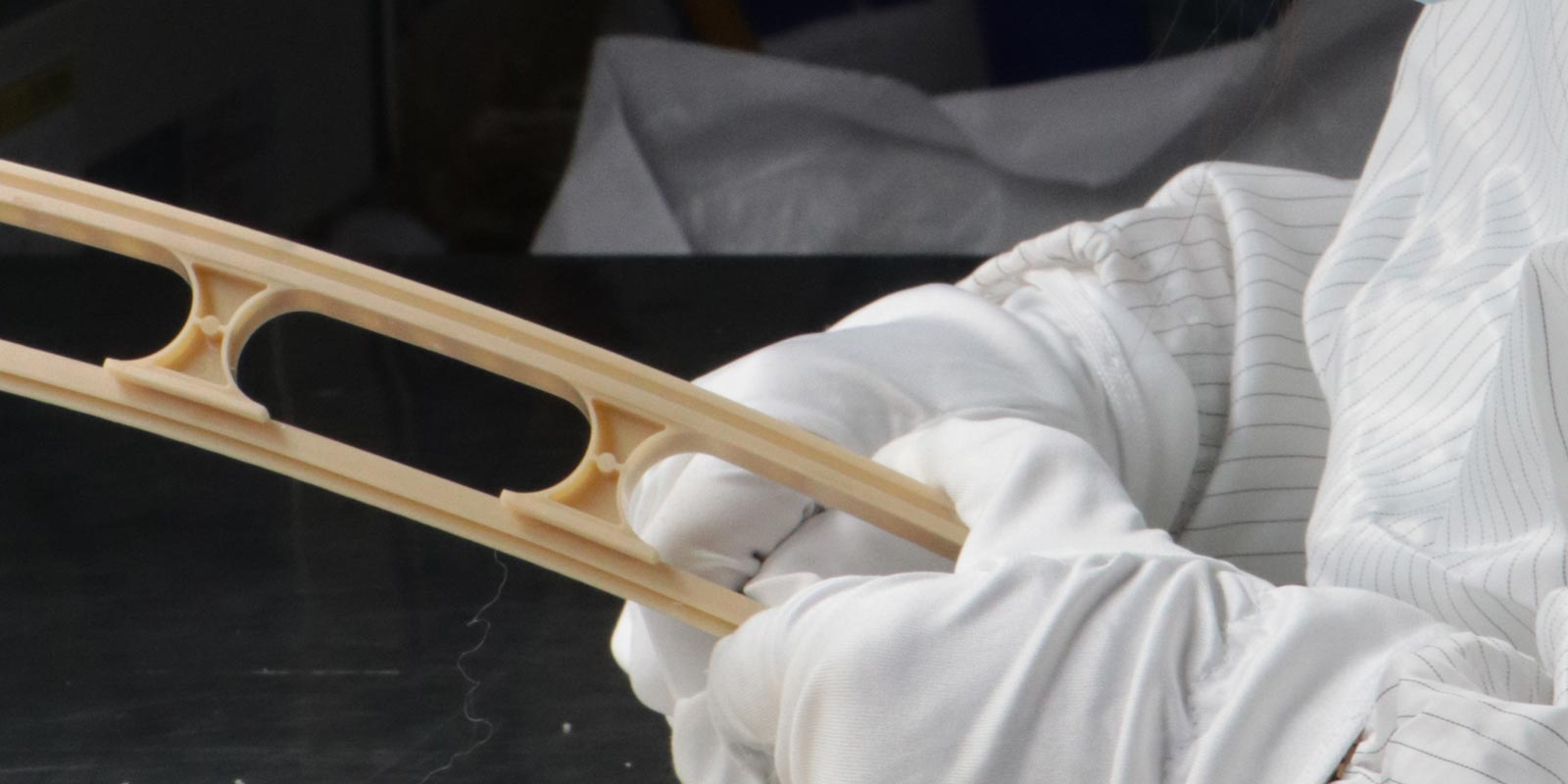
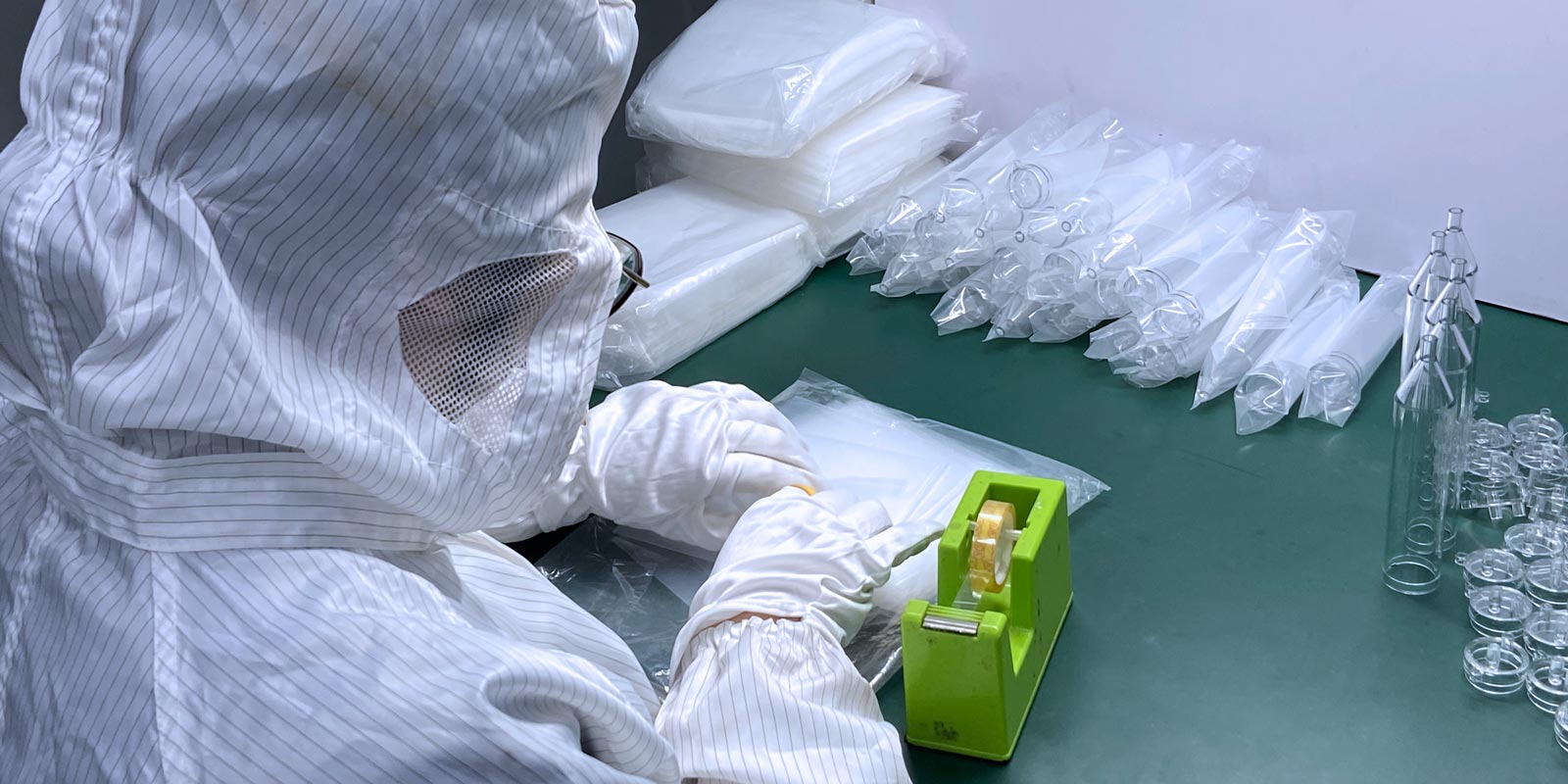
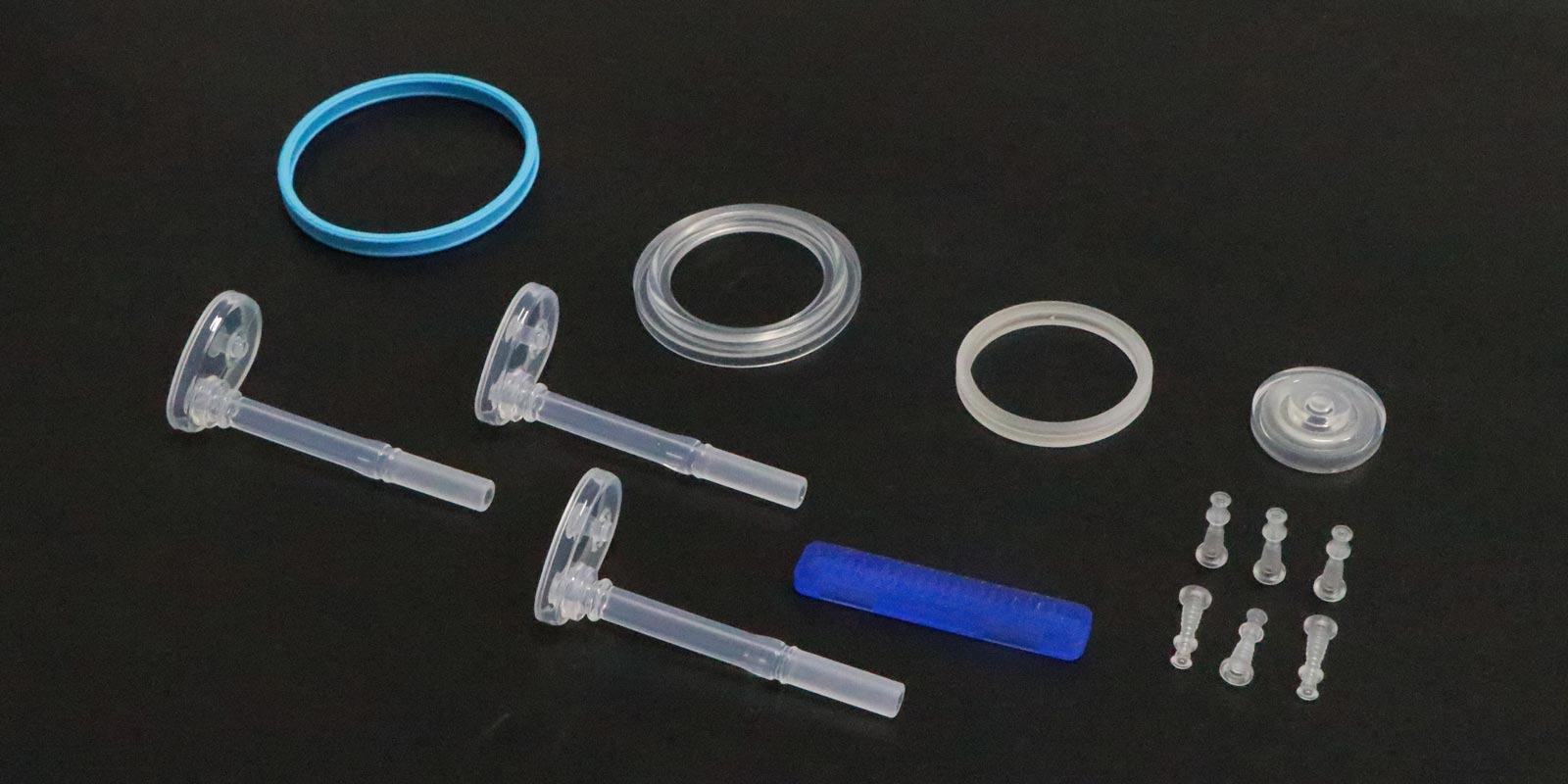











 Home
Home
